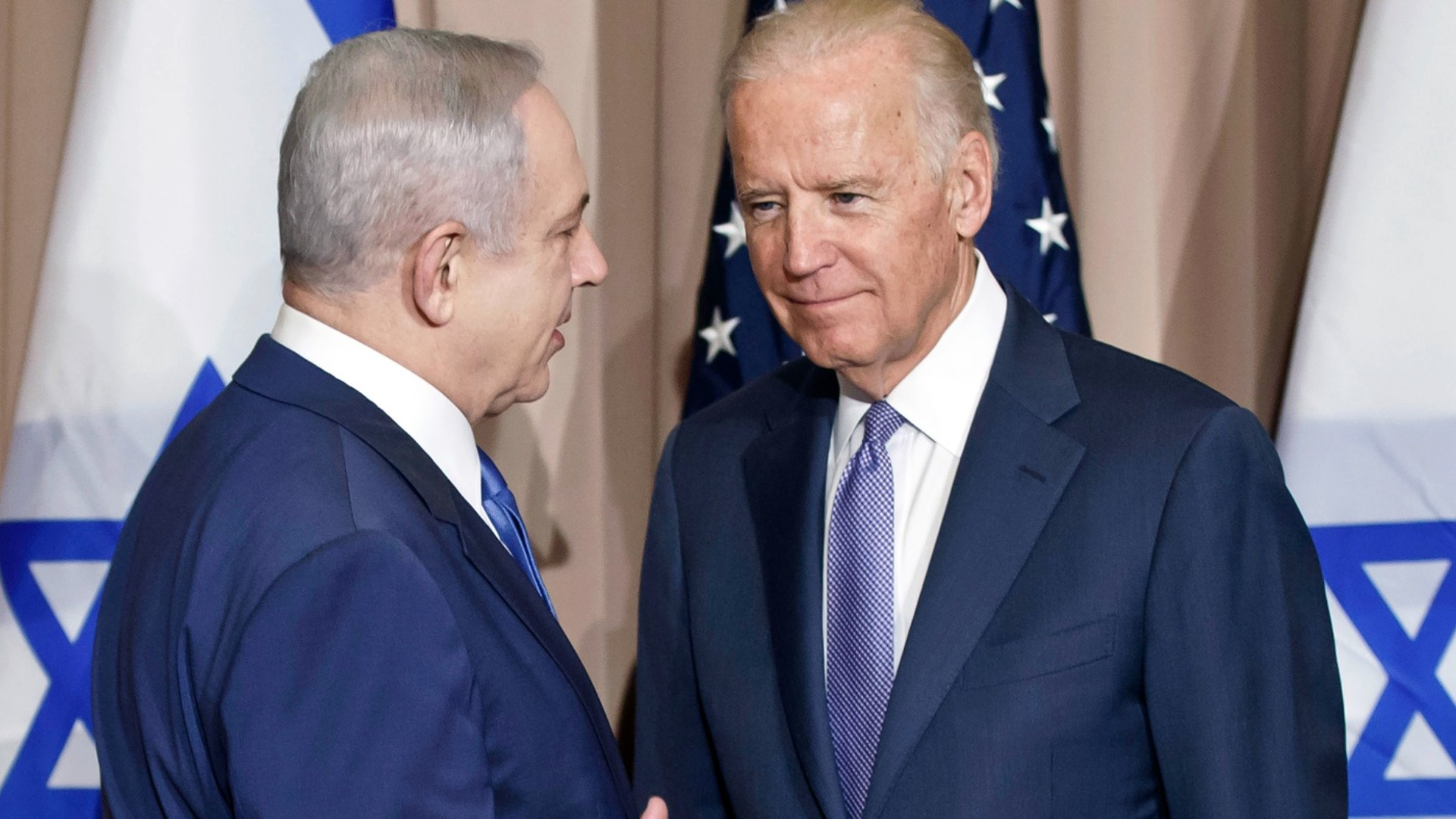










Chen Jingjie, the initiative and research specialist of the international human rights organisation Safeguard Defenders stated “Cross-border repression is a type of human rights persecution that has gained prominence in recent years. Authoritarian governments use legal and illegal means to bring specific people back into the country, and China favours this method of repression.”
During a press conference in Taipei on the occasion of World Human Rights Day, Jingjie further stated China seeks to capture and punish targets through legal and unlawful ‘cross-border repression’. The conference was organised by the Tibet-Taiwan Human Rights Connection, the Human Rights Covenant Implementation Monitoring Alliance, Taiwan Abolition of the Death Penalty, and other organisations to urge world leaders to take immediate action against China’s human rights violations and to oppose the country’s “cross-border repression.”
According to Jingjie, China uses legal tactics such as bilateral extradition treaties to request the extradition of individuals, untrustworthy diplomatic guarantees to return Chinese citizens who have failed to ask for refuge to China, and exploiting Interpol’s red alerts to arrest individuals.
Jingjie further claimed that Human rights groups are unable to analyse the issue since there are no official records of the repatriation process.
Jingjie further claimed the unlawful measures include “Operation Fox Hunt” and “Operation Skynet,” both begun by Chinese President Xi Jinping in 2015 and 2016, respectively. Using law, the country endeavoured to justify its means.









